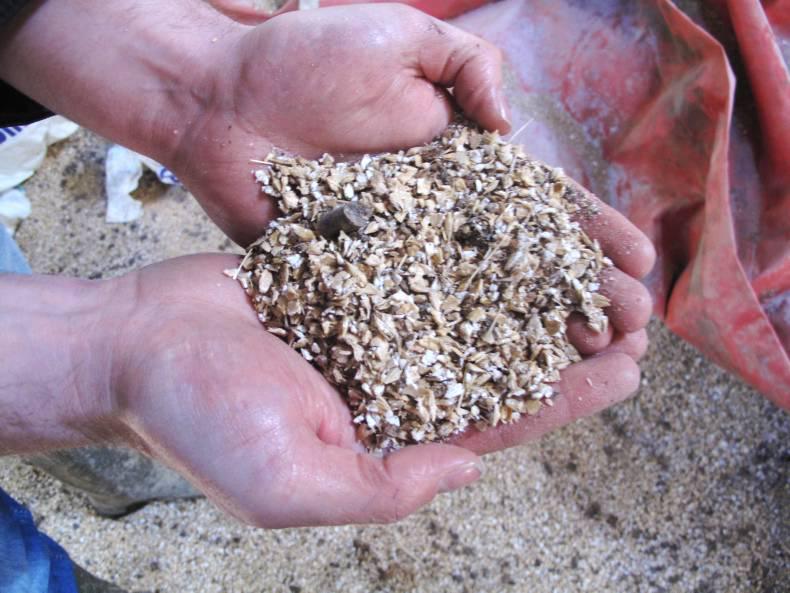As we move into the higher-cost winter period and given the pressure on farm finances, particularly in the dairy sector, farm supply businesses are also starting to come under financial strain.
Making the case to politicians at Stormont this week, representatives of the local feed trade highlighted that their businesses could also be under threat unless something is done to alleviate the crisis in the dairy sector.
At present, they estimate that around £50m is owed to the feed trade in NI at any one time by dairy farmers. In recent weeks, credit has been extended out on average by one week as some farmers are unable to pay bills, putting another £5m on to feed companies.
“We are struggling as more and more debt gets pushed in our direction. The difficulty is that we only have limited resources to help out,” said Keith Agnew from the NI Grain Trade Association (NIGTA).
According to NIGTA chief executive Robin Irvine, the majority of association members are family-owned businesses. “They will go to the wall just as quick as dairy farmers,” he warned MLAs.
He also emphasised that bankers and other financial institutions must step up and take their share of the financial pressure on the industry.
Looking to this winter, he predicted that the situation will only become more serious due to rising costs associated with winter feeding, and with little prospect of a significant recovery in milk price in the short term.
Normally, feed bills are around 33% of the milk cheque. This winter, feed could account for 50% to 60% of milk cheques.
Only a very small number of feed companies carry insurance against bad debt and, where they do, it is a long and slow process to recover monies. Both NIGTA representatives reiterated the call for the European Commission to raise intervention prices to more realistic levels.
The other problem for the feed trade is that their dairy tonnages are down by close to 10% as farmers look to cut costs and cull unproductive cows. With the efficiency of a feed mill highly reliant on throughput, it has added to competition for business. It could be the case that some feed businesses might not survive.
Medicated feed
Also discussed at the committee were new proposals from Europe to lower the tolerance for the carryover of medicated feed to a subsequent batch of non-treated product. This could mean that mills withdraw from producing medicated feed.
At present, the tolerance is 3%, but under the proposals a 1% tolerance is suggested. “This is equivalent to 100 parts medication to six billion parts feed. I would question if a lab could accurately test to this level. It is unreasonable,” Robin Irvine told MLAs.






 This is a subscriber-only article
This is a subscriber-only article










SHARING OPTIONS: